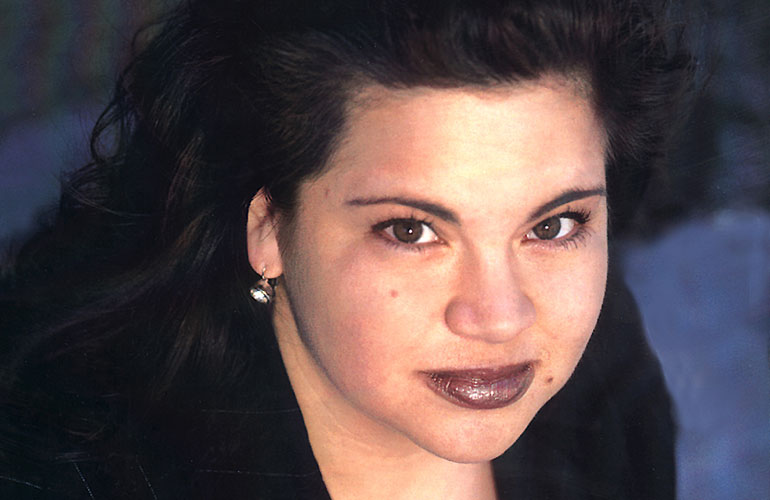Talk about an over-achiever: Christy Haubegger graduated from Stanford Law School, founded Latina — the leading monthly magazine for Hispanic women, where she served as publisher, president, and CEO — and recently worked as a producer on Hispanic-themed films for both 20th Century Fox and Columbia Pictures. In 2001, she was named one of the “Women of the New Century” by Newsweek, “A Woman to Watch” by Advertising Age, and one of the “Top 10 Role Models of the Year” by the Ms. Foundation. All this, and she’s only 35 years old.
Haubegger, the Mexican-American daughter of white adoptive parents, grew up in Houston. While her mom and dad fostered a “you can do anything” kind of confidence, she didn’t have many successful Hispanic role models. “I was aware that I looked more like the people who cleaned up at my school than the people who taught there,” says Haubegger. “The lack of positive Hispanic images, particularly in the media, contradicted what my parents had always told me. It probably gave me some thoughts about starting Latina.”
Like its founder, the magazine meshes Spanish cultural heritage with the life of the American woman. It offers stories about successful Latina role models and sends empowering messages about health, beauty, relationships, and careers. For a long time, Haubegger felt as though she didn’t fit completely into the white world, nor the Hispanic one. So she created a magazine that helps women fit into both.
Straddling two cultures isn’t necessarily good or bad for Haubegger. “It’s the way I live. I don’t know any other life.” But no matter how secure she is as a Hispanic-American, she’s aware that some people will always see her differently. Recently, at a fancy hotel, she was carrying a bucket of ice back to her room when a woman stopped her to ask if she would be bringing ice to all of the guests’ rooms. Not surprised by the incident, she replied, “No, Ma’am — just my room.”
For some transracially adopted children, assimilating into white society can be tough, but Christy has made her background work for her, both professionally and personally. As an adult, she has cultivated a broad perspective which enables her to see beyond the typical American way of doing things, and she’s able to relate to all kinds of people. She says, “Being transracially adopted is kind of a hassle for the first 18 years of your life — and then for the next 70, it’s a blessing.



